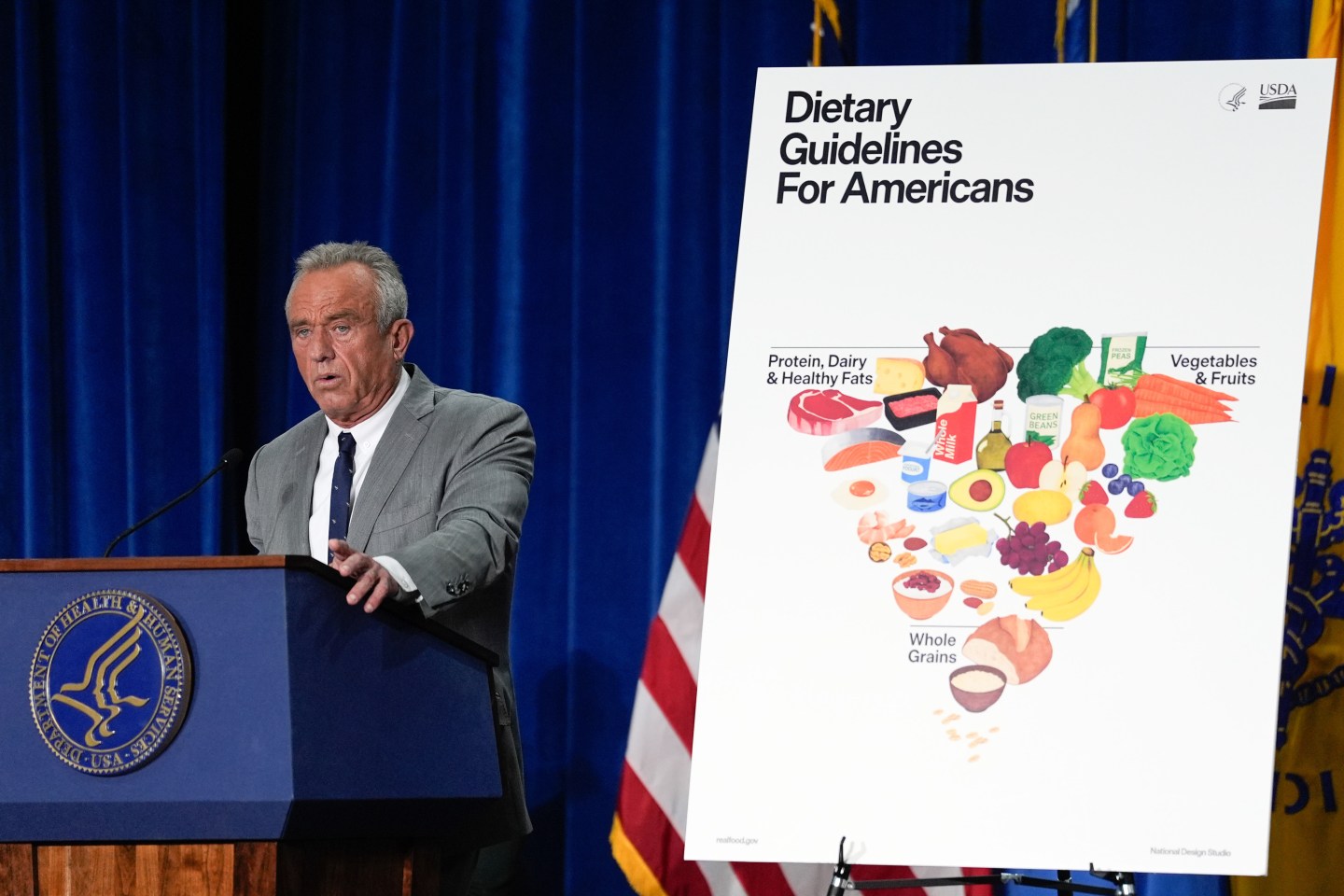Last month researchers at New York’s Columbia University published a study in the journal Cell that demonstrated the true promise of a data-linked world. The researchers sifted through millions of identity-stripped electronic health records (EHRs) at three New York medical centers and then used the emergency contacts these patients provided to identify those who were most likely to be family members. A lot of them were, it turns out. What’s more, many of these family members were also patients at the same hospitals—which meant they too had digitized health records that could be analyzed. And that meant that the research team, in theory, suddenly had access to a genealogical gold mine.
In this case, out of the 6,587,594 emergency contacts provided from the initial patient pool, nearly a third—2,191,695 people—had patient records at the same hospitals. From there, more algorithmic sleuthing allowed the research team to identify 223,307 families, for example, at just one of the three hospitals (Columbia University Medical Center) in which there were anywhere from two to 134 relatives. (The word “family” here falls under a broad enough definition to include fourth-degree relatives—that is, “families that contain a first cousin once removed, a great-grandaunt/great-granduncle, or a great-grandnephew/great-grandniece.”)
From there, it was simply a matter of querying terms in the EHRs to identify potential familial patterns in various traits, conditions, or diseases. (The team looked for such connections in 500 such conditions or phenotypes—from frequent sinus infections to mental illness.) And while the patterns themselves don’t necessarily prove hereditary linkages of these traits or illnesses, they can offer tantalizing clues of connectedness—and may even lead to the discovery of a novel gene or cluster of genes involved in a condition’s development.
To understand why this study is so potentially frame-shifting, it’s important to put such research into historical context: In the past, nearly all such attempts to identify heritable links relied on the studies of twins—which are both time-consuming and limited in subject number.
In theory—again—we could use a nation’s worth (or even a globe’s worth) of EHRs to supercharge research into genomics, population health, and the social and environmental determinants of health and wellness. That’s the promise anyway.
But a fantastically informative symposium on EHRs yesterday at Stanford University’s School of Medicine shined a bright light on the many things keeping that promise at bay. Lloyd Minor, the dean of Stanford Medicine, who presided over the EHR conference, has a terrific essay today on Coins2Day.com that lays out many of those barriers—along with some eye-opening historical context—and smartly lays out what we can do to speed things forward.
I’ll have more on the EHR challenge soon, but please read Dean Minor’s essay today.
In the meantime, I want to give a second big shout-out to influencer-in-chief Arianna Huffington, who has written a wonderful essay in the wake of Apple’s WWDC that is command reading for the Brainstorm Health faithful, in my view. It’s her wise take on what the company that introduced smartphone-centrism is now doing to stem smartphone addiction and perhaps restore digital balance. (Alright, maybe that’s a bit too optimistic—but take the time to read Arianna’s commentary and decide for yourself.)
More news below.
| Clifton Leaf, Editor in Chief, FORTUNE | |
| @CliftonLeaf | |
| [email protected] |
DIGITAL HEALTH
Watson Health layoffs are coming. IBM has confirmed layoffs in its supercomputer-fueled Watson Health department. It's unclear exactly how many jobs are on the chopping block. Here's IBM's explanation for the cuts: "IBM is continuing to reposition our team to focus on the high-value segments of the IT market, and we continue to hire aggressively in critical new areas that deliver value for our clients and IBM. This activity affects a small percentage of our global Watson Health workforce, as we move to more technology-intensive offerings, simplified processes and automation to drive speed." (Boston Business Journal)
INDICATIONS
Naloxone recall another black eye for Hospira. My colleague Erika Fry penned a must-read feature for our Coins2Day 500 issue on drug giant Pfizer's epic supply chain meltdown, which has put the squeeze on hospitals and patients who rely on standard medical products. Many of the troubles are traceable to Pfizer's Hospira unit; now, Hospira has announced a recall on the opioid overdose antidote naloxone over "loose particulate matter on the syringe plunger" that could cause harmful side effects. (CNN)
Allergan-Appaloosa gets rough. David Tepper's Appaloosa Management (alongside ally Senator Investment) isn't exactly mincing words anymore when it comes to Botox maker Allergan, a company whose management decisions have come under fire from both shareholders. "Like the rest of the investment community, we were underwhelmed by the company’s half-hearted attempt to restore strategic momentum," Appaloosa and Senator Investment wrote in a letter to the company's board, responding to a recent restructuring they found underwhelming. "It is time for Allergan’s management to concentrate on running a world class pharmaceutical and aesthetics business and forego thoughts of, or the exhilaration from, an ambitious acquisition strategy." Allergan CEO Brent Saunders has been a prominent evangelist of the bolt-on acquisition strategy for growth in the drug industry.
THE BIG PICTURE
Medicare trustees' warning. The annual Medicare Trustees' report was released Tuesday, and it's not exactly filled with great news. A cornerstone Medicare trust fund will run out of money three years earlier than expected (by 2026) than the trustees thought one year ago—it's the part that pays for seniors' hospital bills. These lapses are regularly projected and usually dealt with by Congress on an ad hoc basis to keep the money from running out. (Washington Post)
REQUIRED READING
Microsoft's $7.5 Billion GitHub Acquisition Is One of Its Biggest Deals Yet, by Lucinda Shen
Lava Evaporates Hawaii's Largest Lake, by Chris Morris
Steve Wozniak Wants 'Pure' Bitcoin to Become the Global Internet Currency, by David Meyer
SEC Appoints New Crypto Chief to Oversee Digital Assets and ICOs, by Polina Marinova
| Produced by Sy Mukherjee | |
| @the_sy_guy | |
| [email protected] |
Find past coverage. Sign up for other Coins2Day newsletters.











